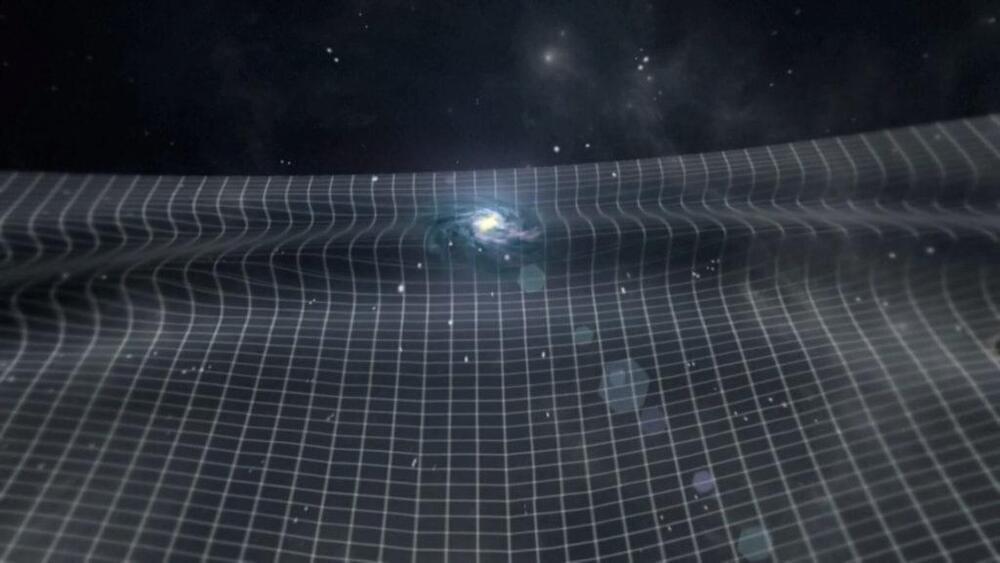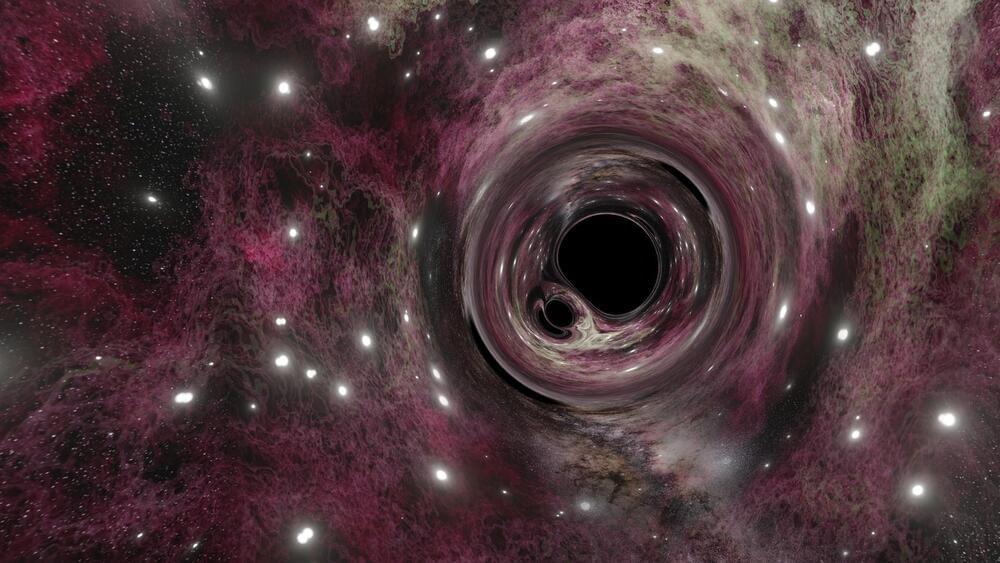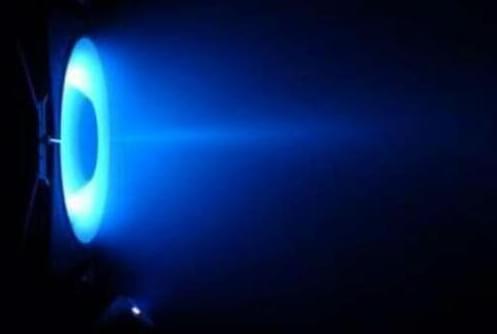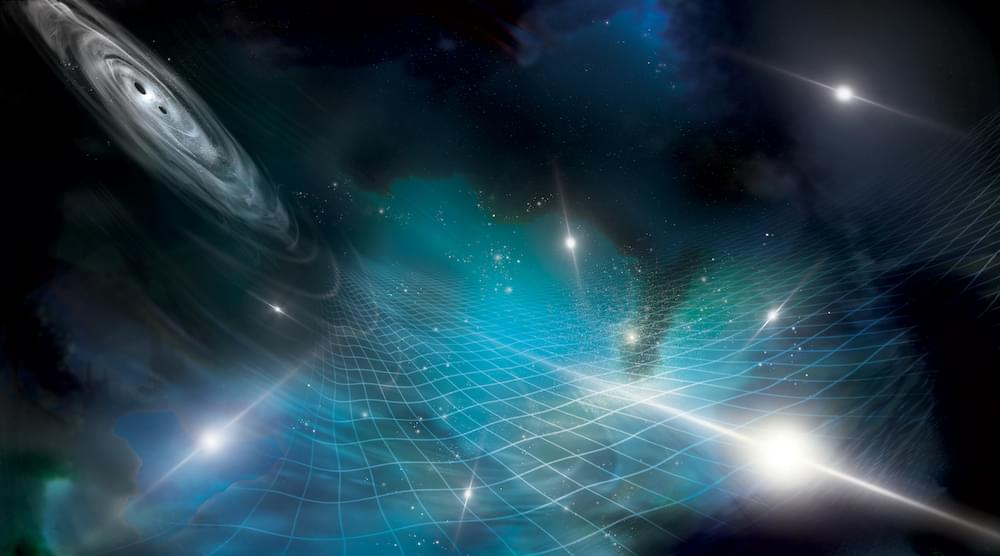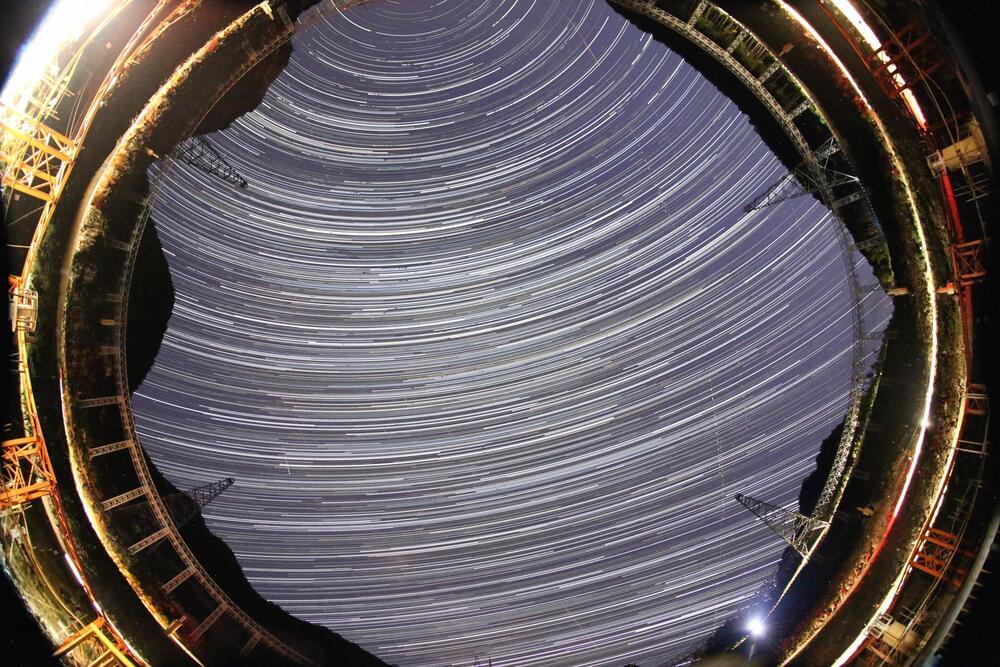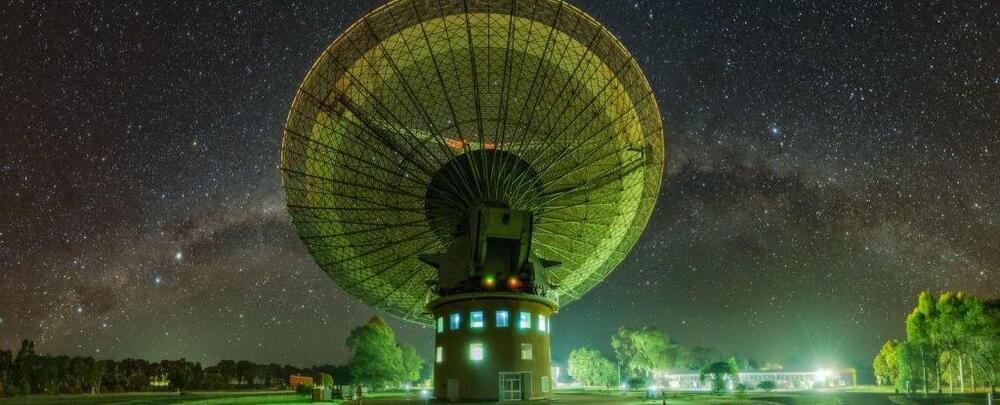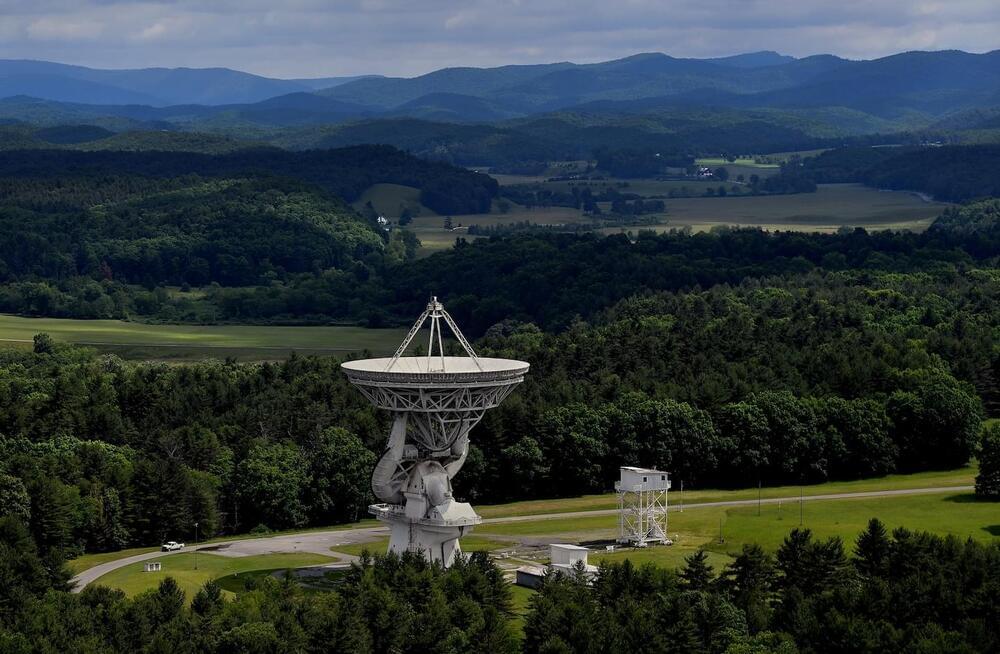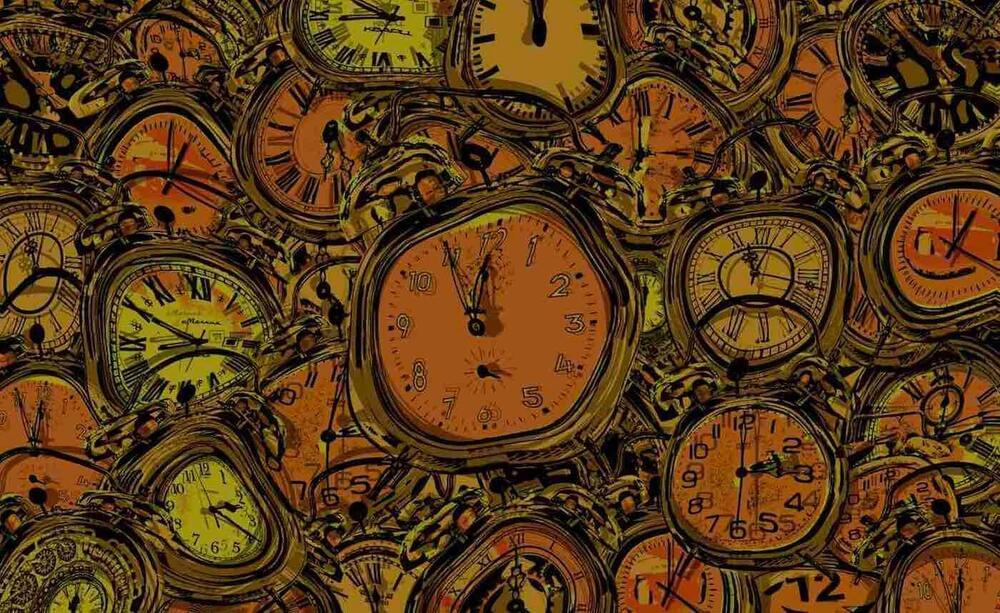Jun 30, 2023
Astronomers find first direct evidence of gravitational wave background
Posted by Gemechu Taye in categories: physics, space
It is much louder than previously believed possible and its discovery will alter our understanding of the universe.
Scientists have heard the “chorus” of gravitational waves emanating throughout the universe for the very first time, and it’s louder than they expected, a press statement reveals.
The new discovery was made by scientists using the North American Nanohertz Observatory for Gravitational Waves (NANOGrav).

